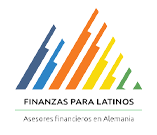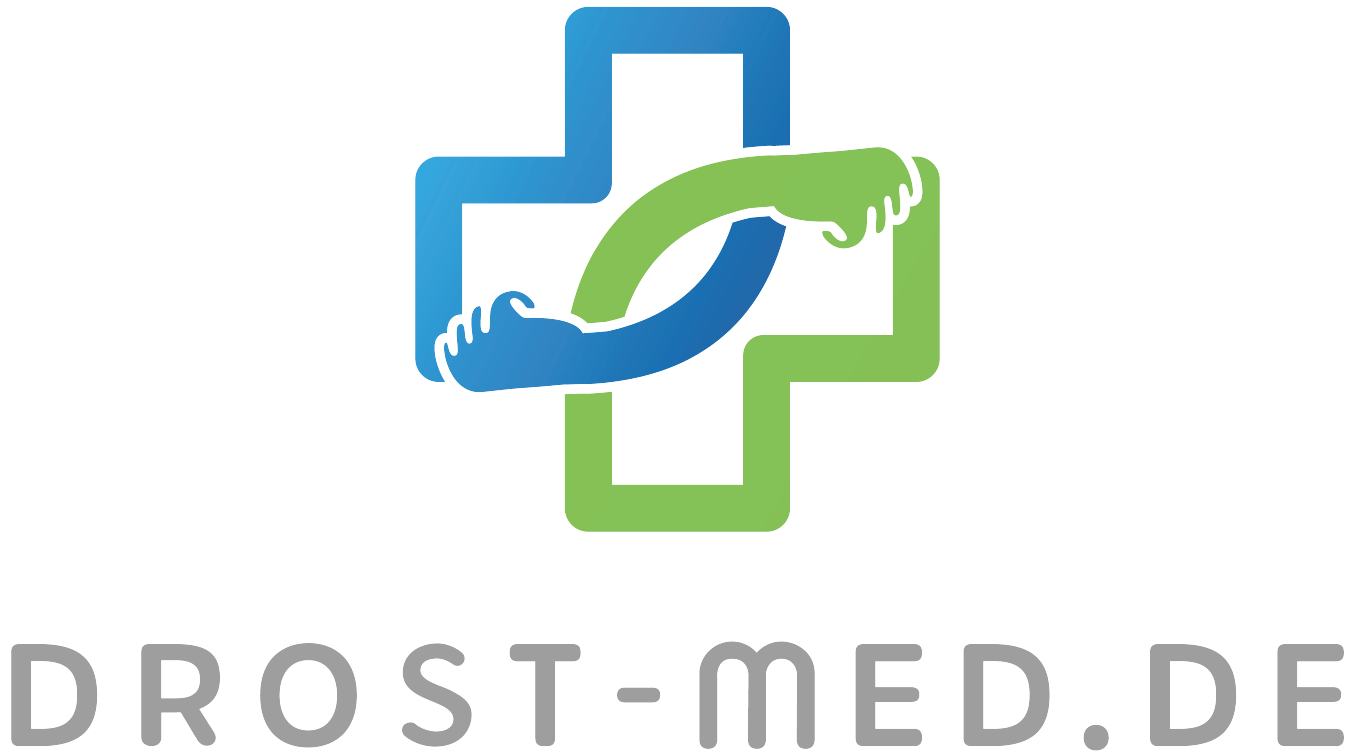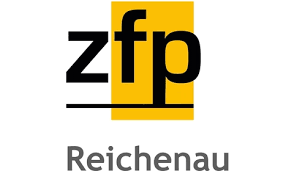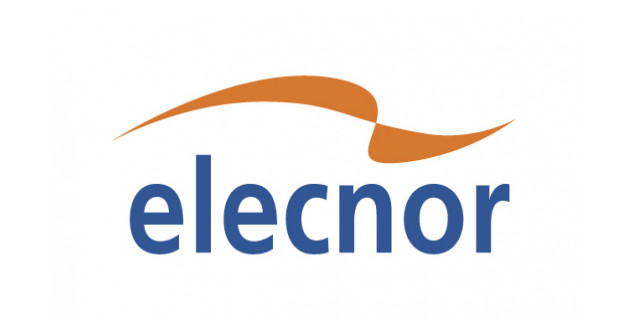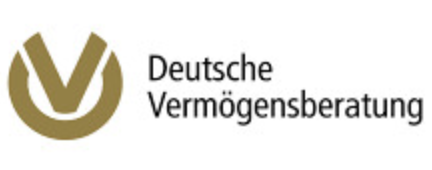intercultural training for international success
We also take care of training the companies where you start your new job so that your intercultural integration in Germany is a success in all respects.
a global network
from cultural trainers.
An essential part of our development process is the establishment of a global network of highly qualified intercultural trainers and contacts.

training for the development of cultural awareness
"A lack of awareness of cultural norms or a lack of understanding of local behaviors can affect global communication and behavior in the workplace, resulting in conflict."
Our intercultural training - based on the research findings of renowned cultural scientists such as Geert Hofstede, Edward Hall, Fons Trompenaars, Richard Lewis, Erin Meyer - helps your employees to develop the cultural intelligence they need to succeed in global business.
Our internal team of experts has developed a modular online program based on scientifically recognized intercultural theories.
Our partners
rethinking intercultural training
Learn in a unique way with palabras

Our intercultural training - based on the research findings of renowned cultural scientists such as Geert Hofstede, Edward Hall, Fons Trompenaars, Richard Lewis, Erin Meyer - helps your employees to develop the cultural intelligence they need to succeed in global business.
Our internal team of experts has developed a modular online program based on scientifically recognized intercultural theories.
Our intercultural training - based on the research findings of renowned cultural scientists such as Geert Hofstede, Edward Hall, Fons Trompenaars, Richard Lewis, Erin Meyer - helps your employees to develop the cultural intelligence they need to succeed in global business.
Our internal team of experts has developed a modular online program based on scientifically recognized intercultural theories.
FAQ



